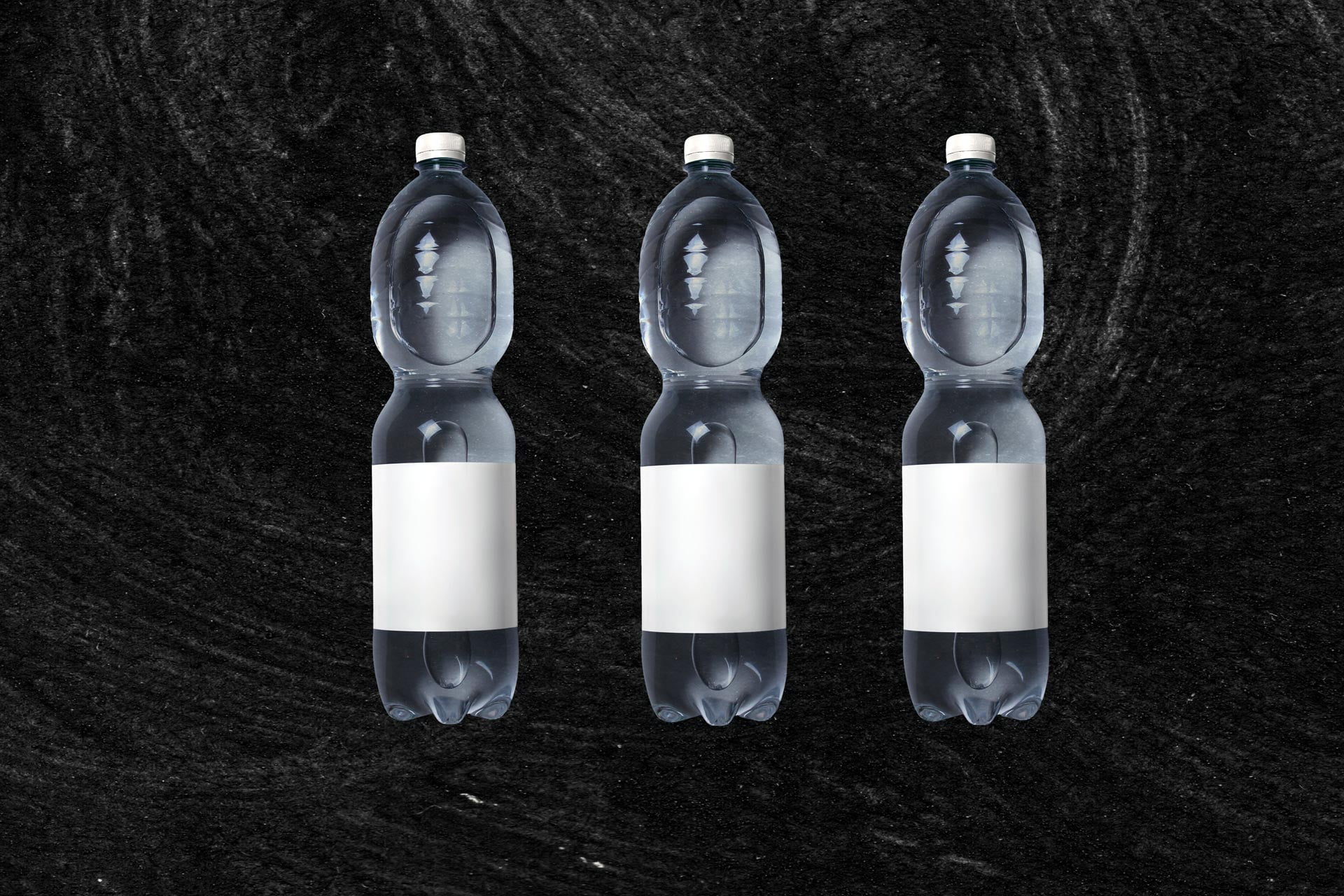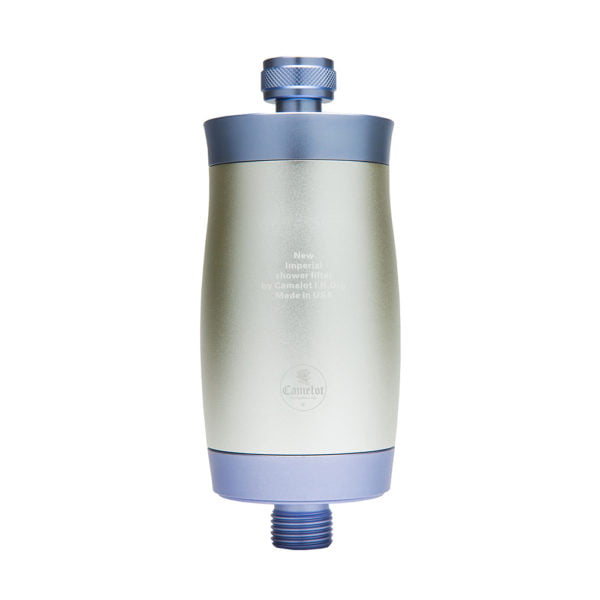Water in plastic bottles "bomb" (Real News)

Concern in Greece has been caused by the results of an international survey, according to which more than 90% of bottled water bottles contain tiny pieces of plastic, which eventually "reach" the consumer.
According to research by the non-profit organisation Orb Media, the microplastic particles found in bottled water are almost twice as many as those found in tap water. The findings are of great concern, especially in our country, where bottled water consumption is very high, especially during the summer months.
In Greece
Speaking to Realnews, Greek scientists say that the concern is legitimate, as traces of plastic can, under certain conditions, easily pass into the water, while regular consumption can cause problems for the human body. They also point to the need to tighten controls and optimise the way bottled water is produced and stored. "In Greece, in theory, frequent checks are carried out, including the detection of plastic residues. However, sometimes there may be a failure in the plasticisation process, which may lead to depolymerisation of plastic. This can cause the diffusion of substances into the water," said Michael Leotzinidis, Professor of Hygiene at the University of Patras.
The international study, conducted by scientists at the State University of New York, led by chemistry professor Sherry Mason, analysed samples of 259 water bottles from nine countries and 11 different brands. On average, ten plastic particles larger than a human hair, i.e. more than 100 micrometres (millionths of a millimetre) wide, were detected. At the same time, an average of 314 microparticles of possible microplastics were detected for each litre of water, with each particle ranging in size from 6.5 to 100 micrometres, while in some other bottles particle concentrations were as high as 10,000 particles per litre. The most common type of plastic in the bottled water was polypropylene, the same type used in plastic bottle caps. It should be noted that of the 259 bottles tested, only 17 contained no traces of plastic at all! "A key way in which plastics can 'migrate' from the bottle to the water is through poor storage. If, for example, they are transported in open trucks or stored in places where there is no protection from the sun and temperature, then substances called 'plasticisers' are transferred to the water," says Kostas Savvakis, professor at the Department of Science at the Technological Educational Institute of Crete (TEI). "Of course, consumers themselves must also be careful. Plastic bottles should not be used more than once, and unfortunately in Greece many people choose to store wine, oil, tsikoudia, etc. in them. This increases the risk of plastic deterioration", says Mr Savvakis. "It is clear that the legislation that exists in our country should be applied to the letter both by businesses and by the controlling bodies, such as the EFET. Bottling companies are obliged to have recent analyses, while the understaffing of public services should not be an excuse for a possible poor implementation of the control framework provided," adds Professor of the University of Patras Mich. Leotzinidis.
Above the 90% of bottles bottled water contains tiny pieces of plastic.
Microfibres
At the same time, another study, also carried out in the US by the Story of Stuff organisation, which looked at 19 different brands of bottled water, also found a high presence of plastic microfibres. However, in this case the researchers argued that the microplastics are also airborne, so that they are present in the bottling plants and eventually 'invade' the bottles.
Driven by new research, high levels of consumption bottled water that exist in our country raise questions about the effects of frequent intake of microplastics from the human body. Although the professors stress that the consuming public should not panic, they point out that the risk is real. "These plastic substances act cumulatively in the human body, meaning it matters how often you consume bottled water. Thus, there is the potential to affect the human body, and some research, which has not been confirmed by 100%, even speaks of carcinogenesis," concludes Professor K. Savvakis of the Technological Educational Institute of Crete.







